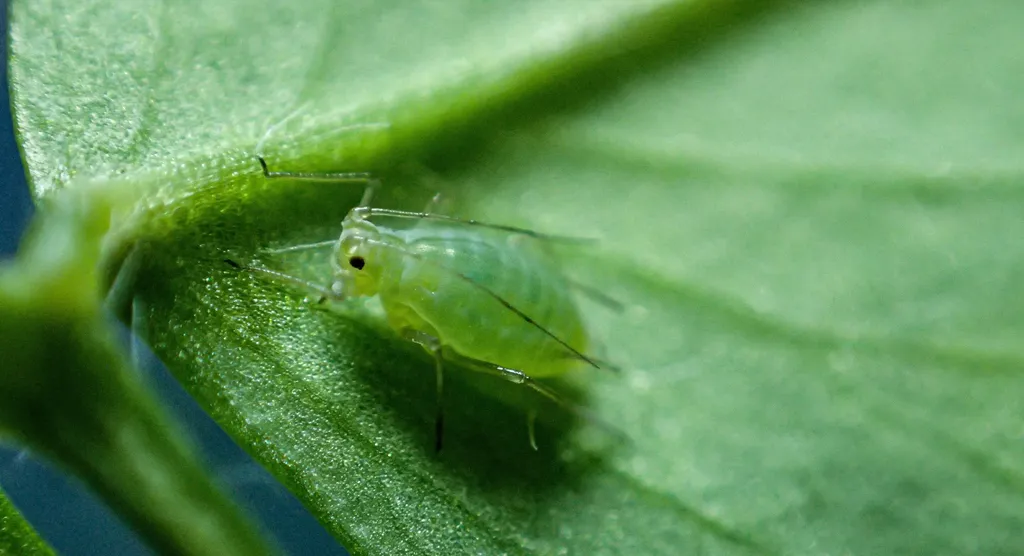In the heart of Bangladesh, a groundbreaking study is reshaping the way we think about pest management in mustard and wheat crops. Md. Abdullah Al Masum, a dedicated researcher from the Department of Entomology at Bangladesh Agricultural University, has been delving into the efficacy of spinosad, a bio-rational insecticide, against two notorious pests: the mustard aphid (Lipaphis erysimi) and the wheat aphid (Diuraphis noxia). The results, published in the journal ‘Растениевъдни науки’ (translated to English as ‘Plant Sciences’), are not just promising; they’re a game-changer for farmers and the agricultural industry alike.
Aphids are more than just a nuisance; they’re a significant threat to global crop yields. They sap the life out of plants, quite literally, causing substantial economic losses. Traditional chemical pesticides have long been the go-to solution, but they come with their own set of problems, including environmental concerns and the development of resistant pest populations. Enter spinosad, a bio pesticide derived from the fermentation of a soil bacterium, offering a more sustainable and eco-friendly alternative.
Al Masum’s study, conducted over a year, put spinosad to the test using a leaf-dip bioassay. Different concentrations of the insecticide were applied, and mortality rates were recorded at various intervals. The findings were striking. “Spinosad exhibited significant insecticidal activity against both aphids,” Al Masum noted, with the highest concentration (500 ppm) causing maximal mortality. For mustard aphids, mortality rates increased dramatically over time, reaching up to 66.67% at 120 hours after treatment (HAT). Similarly, wheat aphids showed a mortality rate of up to 73.33% at the same concentration and time interval.
The study’s results didn’t just stop at mortality rates. The LC50 values, which indicate the concentration required to kill 50% of the test population, decreased significantly over time, demonstrating increased toxicity with prolonged exposure. This finding is crucial for farmers, as it suggests that spinosad’s efficacy improves the longer it remains active in the environment.
So, what does this mean for the future of pest management? Al Masum’s research highlights spinosad’s potential as an effective and environmentally friendly insecticide. Its unique mode of action makes it an excellent candidate for integrated pest management (IPM) strategies, which combine biological, cultural, physical, and chemical tools to control pests sustainably.
The commercial implications are substantial. By adopting spinosad-based solutions, farmers can reduce their reliance on traditional chemical pesticides, mitigating environmental impact and reducing the risk of resistance development. This shift could lead to more sustainable agricultural practices, benefiting both the industry and the planet.
Moreover, the study’s findings could pave the way for further research into bio-rational insecticides. As Al Masum puts it, “Our results emphasize the need for continued exploration of bio pesticides as viable alternatives to conventional chemical pesticides.” This could open up new avenues for innovation in the agricultural sector, driving the development of more effective and sustainable pest management solutions.
In the ever-evolving landscape of agriculture, Al Masum’s research stands as a beacon of hope. It’s a testament to the power of scientific inquiry and its potential to transform the way we approach pest management. As we look to the future, one thing is clear: the journey towards sustainable agriculture is not just a possibility; it’s a reality within our grasp. And with researchers like Al Masum leading the charge, the future of our crops, and our planet, looks brighter than ever.

